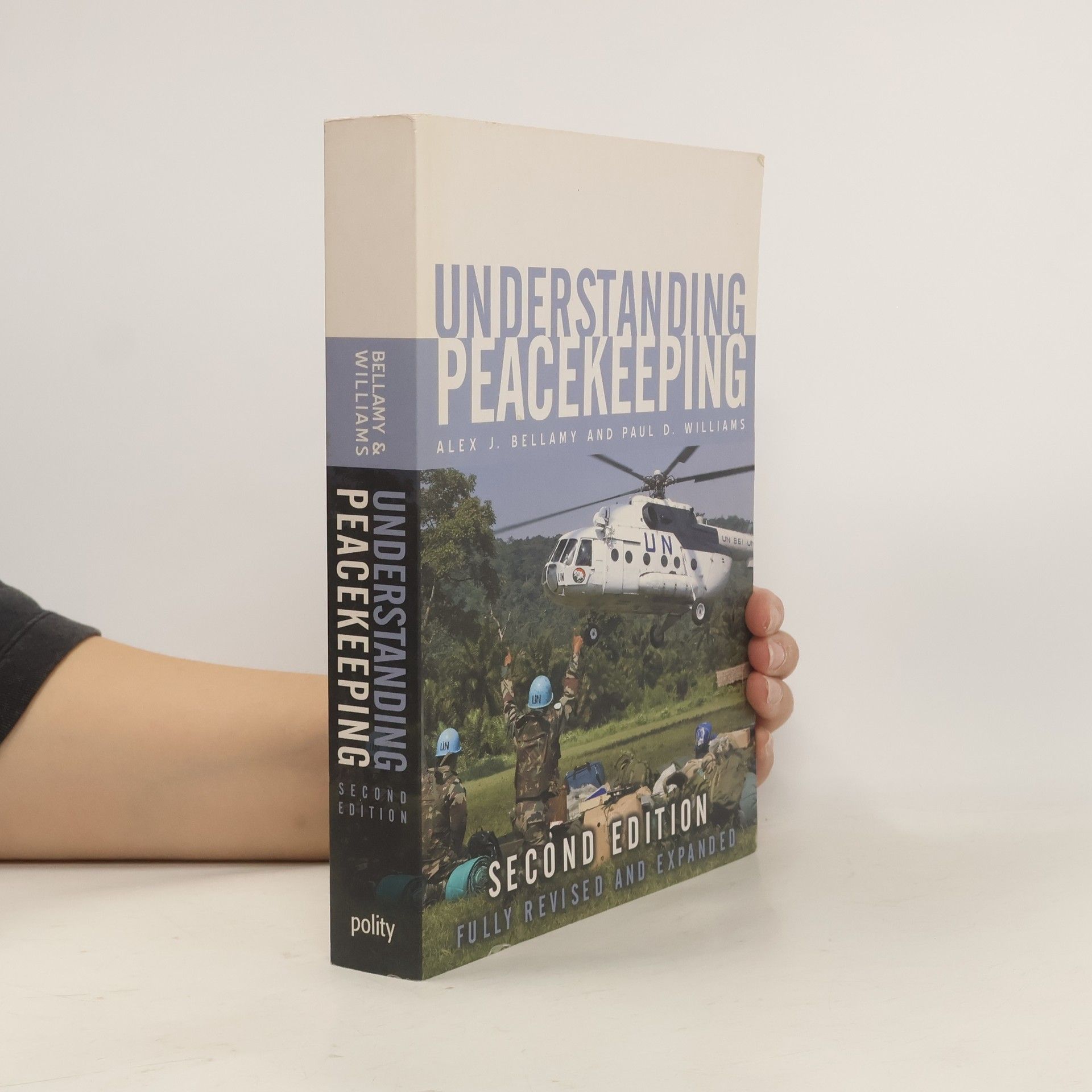The suffering of Syria's civilians, caught between government attacks and extremist violence, shocked the world. Despite international laws and commitments to protect civilians from mass atrocities, global actors largely stood aside as the crisis unfolded. Neighboring states, major powers, and the United Nations often opted for ineffective measures or made decisions that exacerbated the situation. Alex J. Bellamy offers a detailed analysis of this failure to protect Syrian civilians, utilizing interviews, UN documents, and other sources. He examines the various peace processes and their shortcomings, highlighting alternative approaches that could have been pursued. The analysis reveals how key players prioritized national interests, geopolitical goals, regional stability, and domestic politics over the welfare of Syrians. Some governments adopted unrealistic strategies based on flawed assumptions, while others acted out of ambition, leading to the UN's diminished relevance and complicity. By illuminating the decisions that contributed to this humanitarian disaster, the work also provides valuable lessons for addressing future civil conflicts more effectively.
Alex Bellamy Knihy





Peace operations are now a principal tool for managing armed conflict and building world peace. The fully revised, expanded and updated second edition of Understanding Peacekeeping provides a comprehensive and up-to-date introduction to the theory, practice and politics of contemporary peace operations.
The book explores Russia's military interventions under Putin, highlighting the pattern of aggression from Chechnya to Ukraine. It delves into the country's transformation post-1990s, revealing how Putinism and an imperial mindset emerged through these conflicts. By analyzing each intervention, the author sheds light on the strategic motivations behind Russia's actions and the implications for global stability.
The Responsibility to Protect (R2P) was endorsed by the General Assembly of the UN in 2005, and unanimously reaffirmed by the Security Council in 2006 (Resolution 1674) and 2009 (Resolution 1894). The book includes an introduction to the issues relating to the implementation of the Responsibility to Protect principle in international relations.
Ukraine is the latest of Putin's wars of aggression following Chechnya, Georgia, Crimea and Syria. This book examines each external military intervention to show how Russia rebuilt itself after the 1990s, how it embraced Putinism and an imperial vision through a series of bloody conflicts.